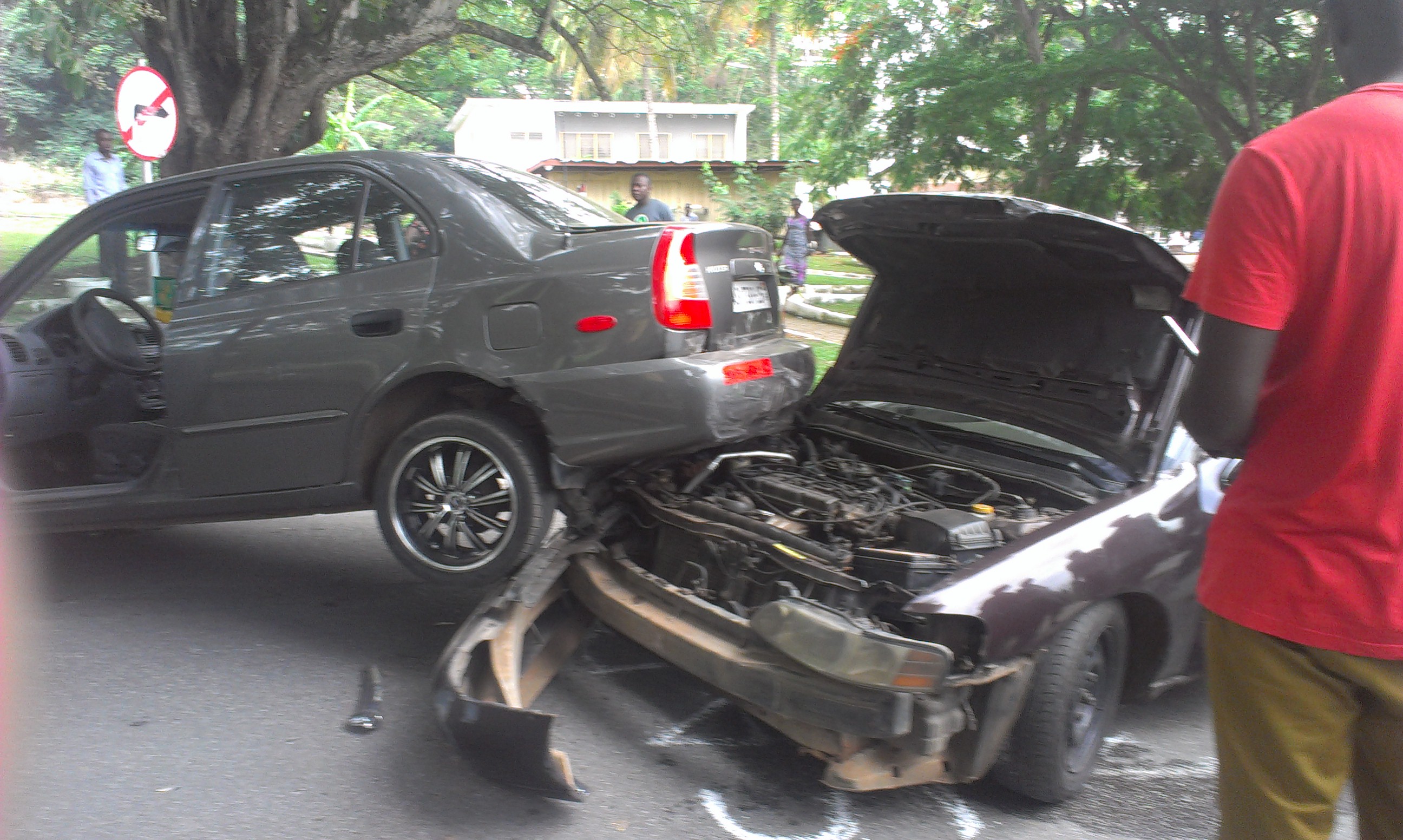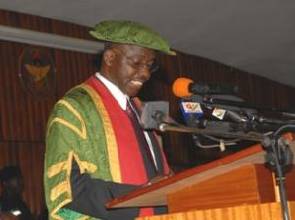 The Coalition For Accountable Leadership (COFAL), a student activist and policy analyst group in tertiary institutions in Ghana, has congratulated the administration of the Kwame Nkrumah University of Science and Technology (KNUST) for their approach to addressing the energy crisis at the institutional level.
The Coalition For Accountable Leadership (COFAL), a student activist and policy analyst group in tertiary institutions in Ghana, has congratulated the administration of the Kwame Nkrumah University of Science and Technology (KNUST) for their approach to addressing the energy crisis at the institutional level.
Their approach is not to charge students for the procurement of generators to manage the energy crisis but have tasked all halls of residence to secure generators which they can use in times of power outages.
The group believes that charging students for the procurement of generators is not the best option out of this situation and has commended the authorities in that respect. They have however recommended that Procurement of Solar Plants, the use of Biogas, Collaboration with Private sector investors among others would help address the issue.
Below is the full statement released by COFAL;
A STATEMENT CONGRATULATING THE ADMINISTRATION OF THE KWAME NKRUMAH UNIVERSITY OF SCIENCE AND TECHNOLOGY FOR THEIR APPROACH IN SOLVING THE ENERGY CRISIS AT THE INSTITUTIONAL LEVEL ON 24TH MARCH, 2015.
We would like to congratulate the administration of the Kwame Nkrumah University of Science and Technology for their foresight and approach to solving the energy crisis that the nation is currently facing at the institutional level.
This is because the university as far as the 2013/2014 academic year envisioned and tasked all halls of residence to secure generators which they can use in times of power outages. This we think is the best way forward rather than charging students additional amounts of monies which would further burden their parents or guardians. Even though this directive is in place, it is yet to be fully implemented as some halls are still without generators. We therefore humbly call upon the university administration and all appropriate authorities to put in place the necessary mechanisms to ensure that the directive is fully implemented.
As we are congratulating others for their attempt to solve the crisis in a way so as to reduce the burden on parents, it is sad to note that some universities in Ghana are inflicting a huge burden on parents by charging students additional amounts of money. Hitherto to these current conditions some parents could hardly pay the school fees and accommodation of their wards neither to talk of providing them with money for feeding and academic materials.
With these harsh economic conditions created by the energy crisis when a lot of workers are being laid off at the mines, hospitals and other industrial establishments and are thinking of how to get money to feed their families. One would say that it is highly unfortunate that schools would be demanding more from these aggrieved parents by charging students additional monies to purchase generators. When these schools charge residential students for Residential Facility User Fees one would expect that a portion of these monies goes into the procurement of the generators.
POLICY RECOMMENDATIONS
In this period of our development we expect that challenges like this should be treated as “national challenges” and as such all stakeholders including the political heads, academicians and the private sector should come together to find lasting solutions to the problems. Even though the forum of stakeholders would meet to find a lasting power sector strategic plan which would be sustainable and solve our energy problems. We would like to table some recommendations for their consideration;
Procurement of Solar Plants
Generally, nature has blessed Africa and Ghana with abundant sunlight and this can be tapped to produce electricity. We therefore suggest that the government can procure solar panels and install them in the major tertiary institutions. This can provide electricity to these institutions thereby exempting them from the national grid. This means that the nation would be able to save a lot and use to power industries, residential areas and other major establishments.
The use of Biogas
This technology is one of the most sustainable methods of generating electricity. Even though it is very expensive after installation one does not need to incur any additional cost of operations apart from maintenance. Tertiary institutions with populations of over 40,000 produce a lot of bio-waste which can be used to produce electricity. This technology is not new in Ghana as some institutions have adopted it. As such, this technology can be adopted in tertiary institutions whose population is high and the waste generated can be used to produce electricity.
Collaboration with the Private sector investors
The government can further collaborate with the private sector operators and development partners to find lasting solutions to the energy crisis. The private sector operators can be allowed to generate electricity which would be bought by VRA for onward transmission.
As we make these recommendations we are passionately appealing to the President H.E John Dramani Mahama, the Ministry of Education, the Ministry of Power and all stakeholders in the educational sector to come to our aid and solve the energy crisis facing our educational institutions especially the second cycle and tertiary institutions as it is constantly affecting lectures and studies. Much fear is about our brothers and sisters who are preparing to write their final examinations in second cycle institutions and those working on their project works in tertiary institutions. With this “dumsor” how are they expected to study for their final examinations?
…………………………….. ……………………………………
Alagskomah Eugene Savio Aganah Moses
(President, COFAL) (Communications Team, COFAL)
Contact: 0501378437 Contact: 0200741173
…………………………….. ……………………………………..
Asare Eugene-Max Kojo Nkrumah Isaac
(Spokesperson, COFAL) (Head Research Team, COFAL)
Contact: 0243967048 Contact: 0540844990
…………………………….. ………..……………………………
Ebo Dantse Benjamin Boakye Dankwah
(Head Legal Team, COFAL) (General Secretary, COFAL)
Contact: 0544688627 Contact: 0246312880





